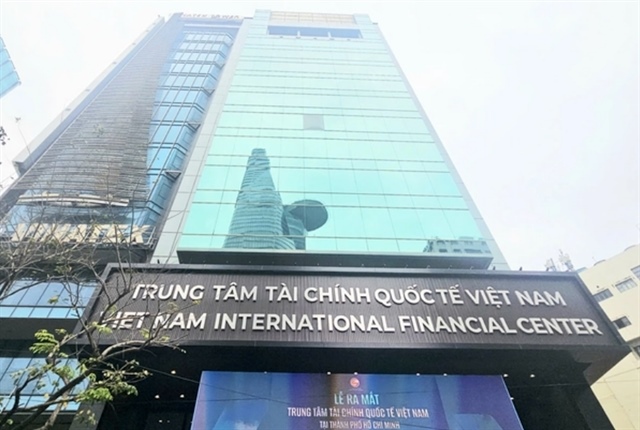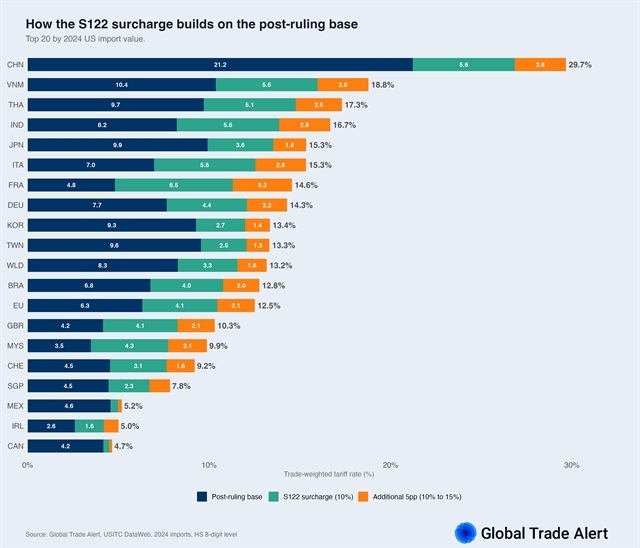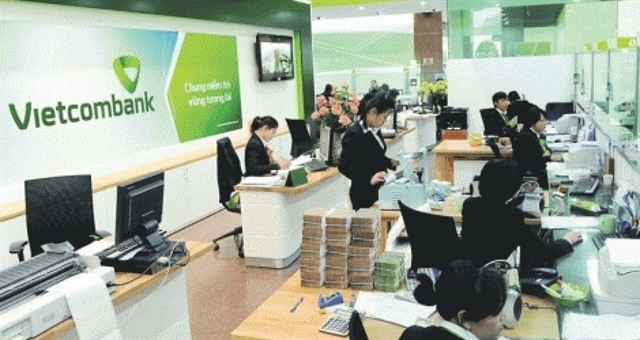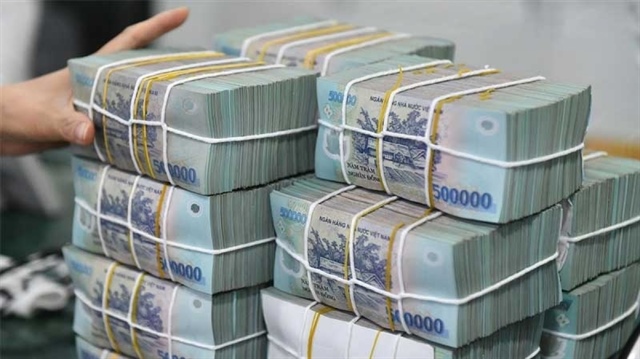Still no tariff incentives from CPTPP for local firms
Still no tariff incentives from CPTPP for local firms
Although the Comprehensive and Progressive Agreement for Trans-Pacific Partnership (CPTPP) took effect over four months ago, local firms have yet to enjoy tax incentives, stated a customs official.
Nguyen Huu Hiep, deputy head of the HCMC Customs Department, told the Saigon Times that a decree guiding tax incentives has yet to be issued.
“Without the guidance decree, customs agencies and businesses cannot implement such incentives,” Hiep said on the sidelines of a roundtable discussion on tax policy and customs procedures in adopting the CPTPP, held by the Vietnam Customs newspaper in HCMC today, May 28.
His department has received scores of questions from the business community on the process for applying for a tax refund if the decree is out. However, customs officials do not have sufficient information to answer their questions.
Local firms import many kinds of products that are not included on the list of goods with tax reductions to zero, so they may not get any tax incentives, according to Hiep.
Speaking at the discussion, Vu Nhu Thang, head of the International Cooperation Department under the Ministry of Finance, said that the draft of the decree on tax incentives in the CPTPP has been submitted to the Government for consideration.
Thang revealed that the ministry is improving the draft, which will be issued later this month or next month.
Once the decree is issued and takes effect, local importers and exporters will receive a tax refund if the rates of import and export taxes at the time of payment are higher than those of the tax incentives provided by the CPTPP.
He said that local firms would be subject to some requirements to be eligible for the tax incentive scheme. For example, their commodities must be on the list of goods for tariff reduction or exemption.
They also have to provide certificates of origin and bills of lading to prove their goods were shipped to a member state of the trade pact.
The CPTPP came into force in Vietnam on January 14. It has 11 member states, namely Australia, Brunei, Canada, Chile, Japan, Malaysia, Mexico, New Zealand, Peru, Singapore and Vietnam.
Under the trade pact, other member states will abolish some 78%-95% of tariff lines on Vietnamese ordinary goods in the next five to 10 years. By the end of the tax reduction schedule, they will remove up to 98%-100% of tariff lines.
Meanwhile, Vietnam will immediately eliminate 65.8% of tariff lines for its partners, and by the 11th year, the country will slash up to 97.8% of these lines for its partners.
The pact is expected to increase Vietnam’s GDP and exports by 1.32 and 4.04 percentage points, respectively, by 2035. The total revenue from imports will rise by 3.8 points, lower than the incremental growth of exports, according to the Ministry of Planning and Investment.
























